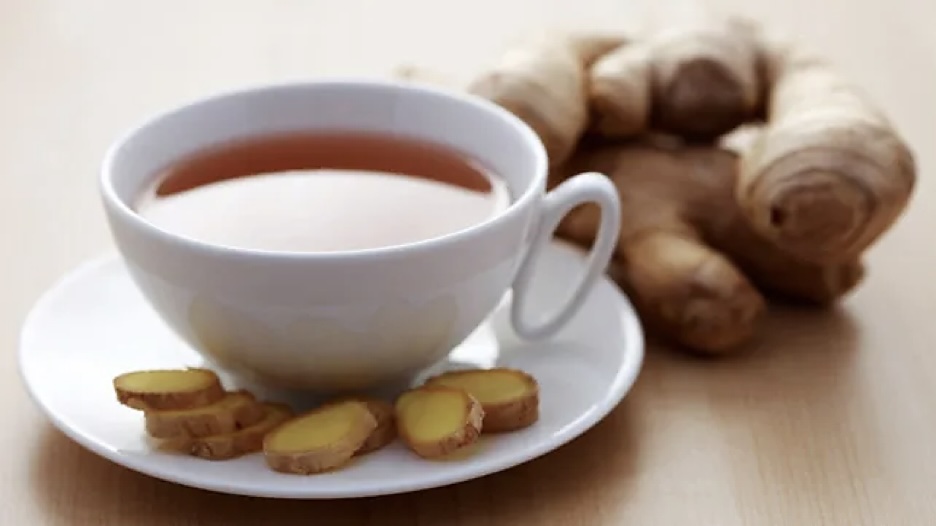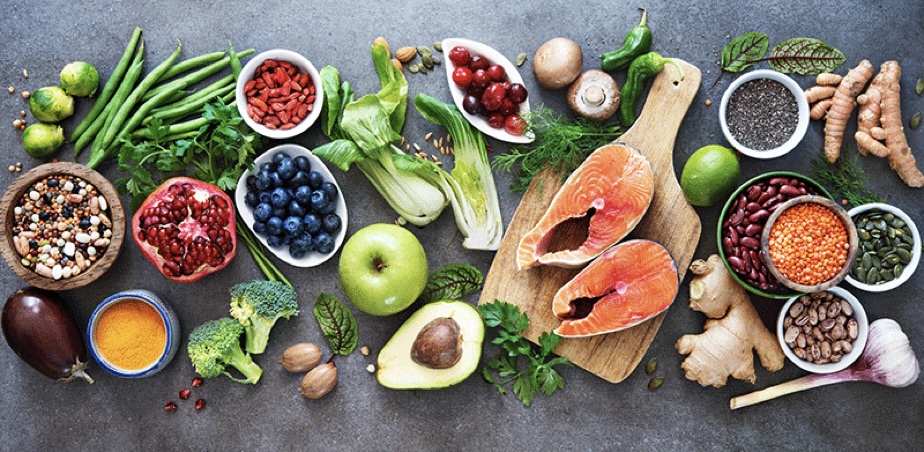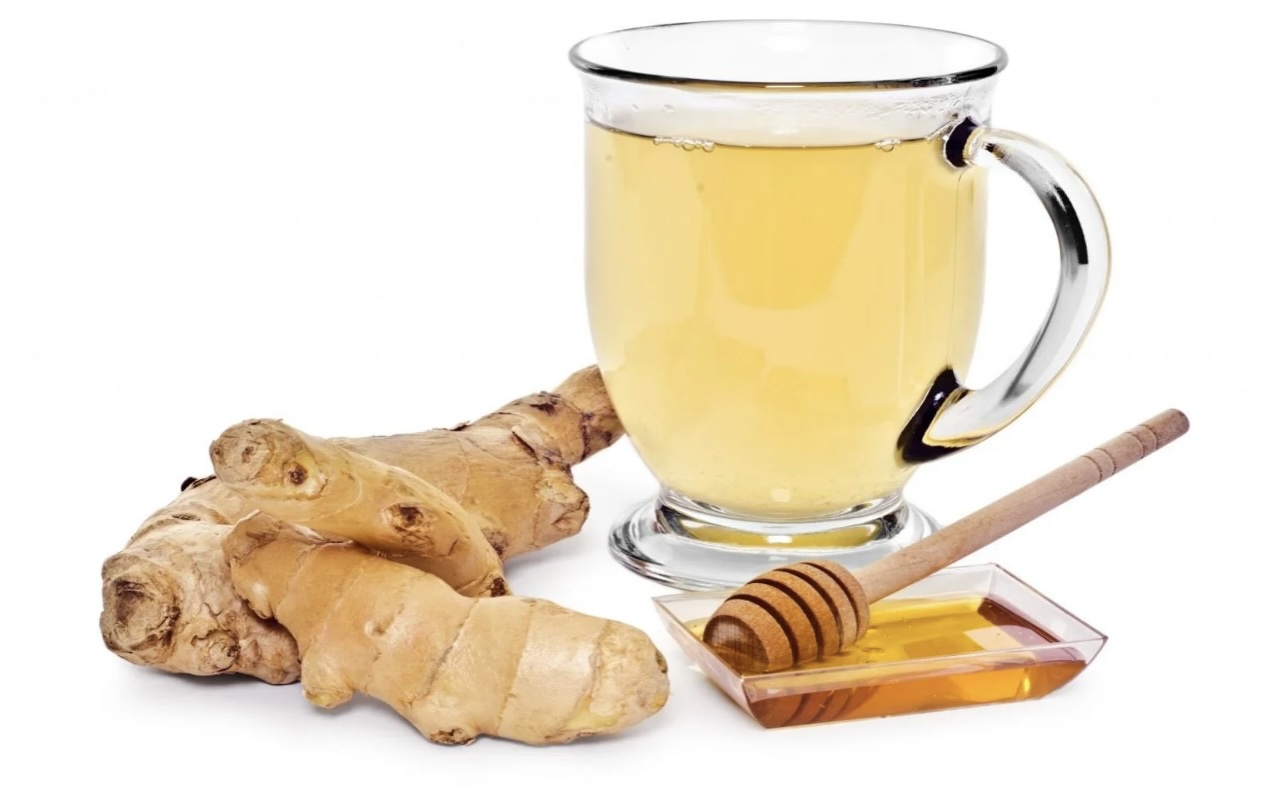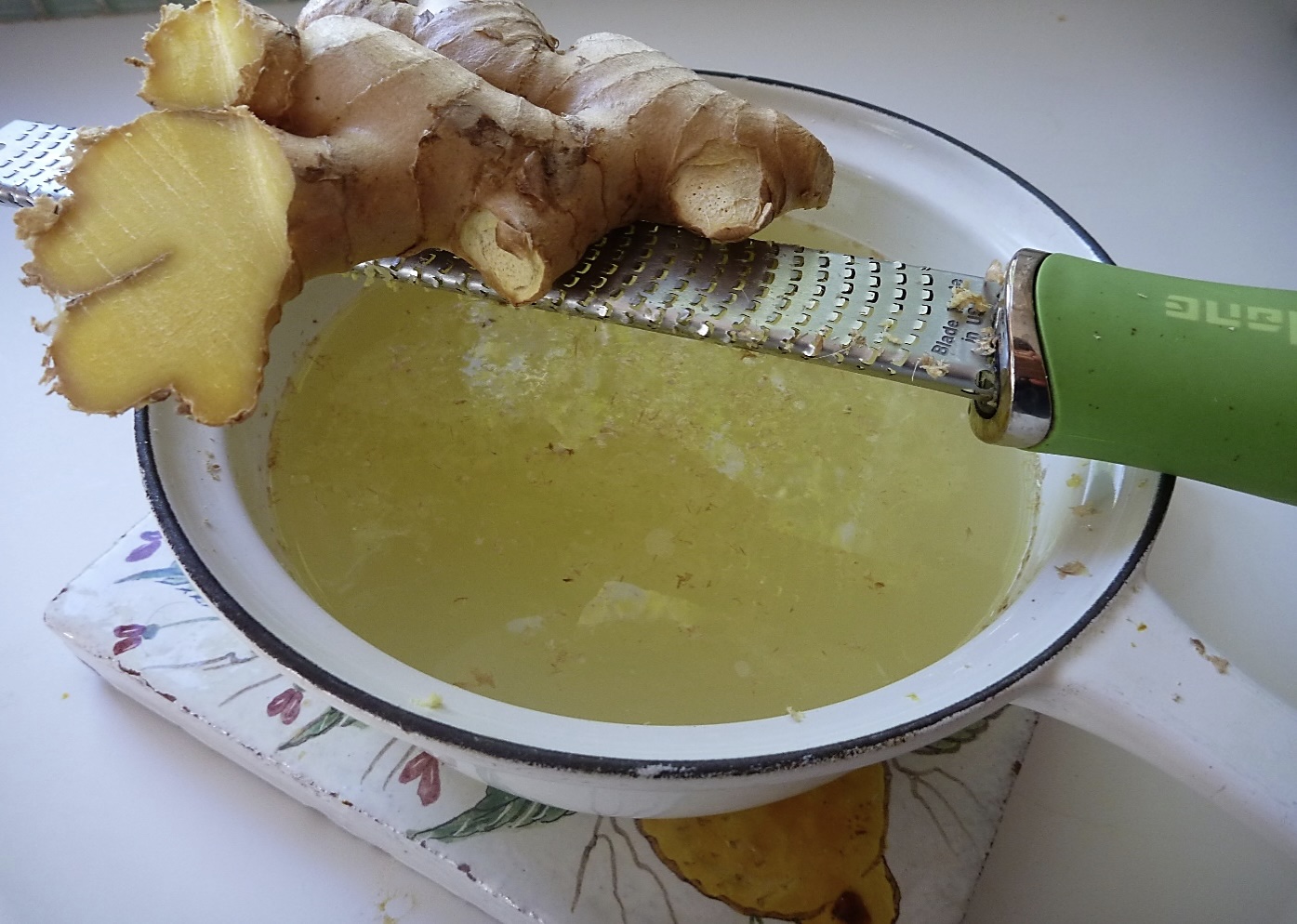The WHYS and HOWS of Taking Good Care of Your Gut!
I’ve been studying “gut health” for the past several years and continually run into a very common piece of research (especially in the registered dieticians world): the BEST tea for gut health is ginger tea.

Before I get into the benefits of this tea, let’s look at the important reasons for maintaining gut health: In a nutshell, overall health begins and ends in the gut. The AMA puts it this way, “A healthy gut is essential for overall health and well-being, establishing proper digestion, metabolism, and strong immunity. Meanwhile, poor gut health has been linked to a range of health conditions, such as inflammatory bowel disease, irritable bowel syndrome, allergies, and mental health disorders.”
The exciting and encouraging news is that maintaining a healthy gut is absolutely in our power—it’s all about what we choose to eat. The goal is to eat a nutrient-dense diet so the gut can function well. “Nutrient-dense” meaning a variety of fruits, vegetables, and whole grains (not new news, right?).

Conscientiously eating this way provides the fiber that’s essential for regular bowel movements, feeding beneficial gut bacteria, and helping to maintain a healthy balance of microbes in the digestive system.
Now to my original point: the best tea for gut health—ginger tea. From reducing chronic intestinal inflammation and constipation, it also relieves nausea; it’s a gut-friendly powerhouse.
One of the biggest discoveries recently is that it protects against pathogens. Antimicrobial resistance is a major public health concern, affecting millions of people every year. This means harmful germs like bacteria, viruses and fungi are evolving and no longer responding to medications designed to stop their growth and replication. One way that microbes become more resistant is by creating protective covers called biofilms.

Research shows ginger helps reduce the growth and biofilm formation of bacteria, such as Pseudomonas aeruginosa, Streptococcus mutans, and Staphylococcus aureus. Scientists have also found ginger has antimicrobial effects against E. coli, Salmonella typhi, Candida albicans and Mycobacterium tuberculosis.
An easy, no-fuss way to get more ginger into your diet is with the above-mentioned tea. One cup of ginger tea has just 2 calories and provides 7 grams of calcium and 10 grams of potassium (as well as trace amounts of vitamins).
While you can always steep a tea bag of dried ginger, boiling some ginger root is easy, too:
Step 1: For fresh ginger, begin by peeling (optional) and thinly slicing or grating a 1-inch piece of the root.

Step 2: Bring a cup of water and the sliced ginger to a boil in a medium saucepan over high heat. Once a rolling boil is reached, reduce the heat to medium and simmer for 15 minutes.
Step 3: Strain the tea into a cup and discard the ginger root.
Step 4: Serve warm and enjoy!
Finally, there are always optional add-ins that can enhance the tea’s flavor. Add a touch of sweetness with honey or maple syrup, add a few lemon, orange or pineapple slices, or simmer your ginger along with turmeric or cinnamon sticks. Give these ideas the taste-test and then let’s raise a cup to strong gut health!
 Alice Osborne
Alice Osborne
Weekly Newsletter Contributor since 2006
Email the author! alice@dvo.com
